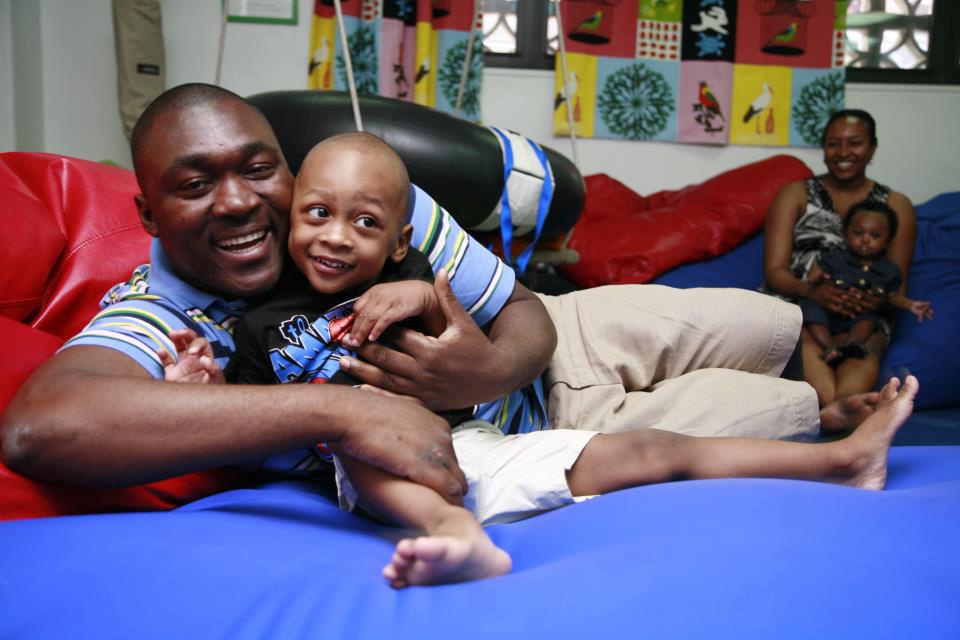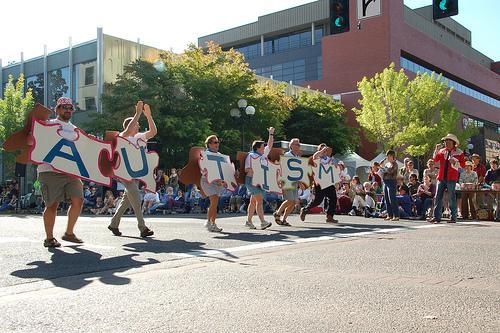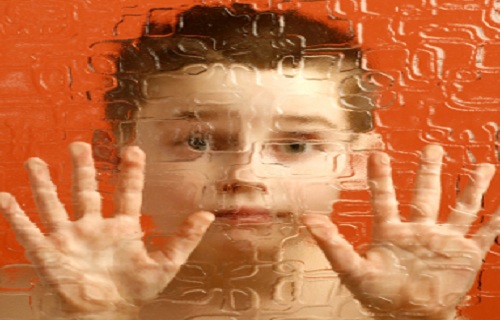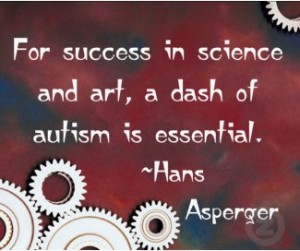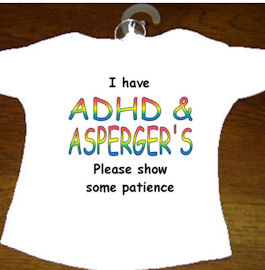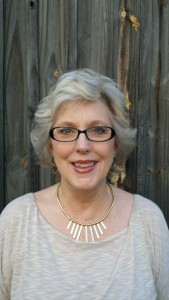A jump in the ball pit, enjoying the bubble tube and relaxing in the lava lounge? Yes, please! For busy families in Brooklyn looking for great spaces for special needs children, this is the place for you. Born out of parent’s needs to find great sensory-friendly spaces for their children, Extreme Kids and Crew invites you to be a part of their play space, community, workshops, and creative programming. While it is not directly a source for individual speech therapy, a variety of therapists consult and get involved with Extreme Kids and Crew regularly. This center is open and accessible to all families of children with disabilities regardless of income, background, nationality, disability, etc. Children with autism, down syndrome, physical handicaps or any other special needs are welcome!
Breakthrough Research in Early Autism Detection
NewsAbout one in every 150 American children is diagnosed with autism, according to WebMD. Chances are, you know someone who has an autism spectrum disorder (ASD) or someone who is affected by it. Autism awareness grows every year, with advocacy groups and benefit walks springing up regularly across the nation. But we still don’t really understand a whole lot about it. We don’t know the cause, although numerous factors are suspected to contribute to it. And there is no cure for it, either.
Autism can result in many different symptoms – from behavioral problems to sensory defensiveness to social difficulties. Children with ASD also tend to display speech and language issues. Some of them are nonverbal and prefer to communicate with gestures. Although there is no cure for autism, researchers do know that early intervention is critical. Children who receive speech therapy and other treatments tend to respond better when the treatment begins as early as possible. Unfortunately, most cases of autism aren’t diagnosed until symptoms are evident around the time the child is 2-3 years old. This is why the research from Georgia Tech’s Center for Behavior Imaging is so exciting. Researchers have been working on technologies that would allow for earlier detection of ASD, and subsequently, earlier treatment.
Tracking Eye Movement
Children with ASD typically display a reluctance to make or maintain eye contact with other people. Previously, researchers had the labor-intensive task of sorting through countless video frames to measure the eye contact of an autistic child. The researchers at Georgia Tech have developed a special pair of eyeglasses that can do the same thing automatically.
The eyeglasses are worn by an adult, who then interacts with the child. The eyeglasses are equipped with a front-facing camera that records video. The video is then analyzed by facial-recognition software that detects the direction of the child’s gaze. An experiment with the glasses demonstrated an accuracy of 80%.
Accelerometers for Behavior Detection
The researchers at Georgia Tech also developed technology to track behavioral patterns that can be indicative of autism. This technology is a wearable device that uses accelerometers to track and categorize behaviors. The sensors are worn on the wrists and ankles in order to measure movement. For example, the device tracks when a child throws an object.
Four staff members tested the device by performing 1,200 different behaviors (presumably, that included throwing things around). Not only did the staff members have a really interesting day at work, they were able to determine that the device detected problem behaviors with 95% accuracy and classified all behaviors with 80% accuracy. The researchers then placed the device on a child diagnosed with ASD. Problem behaviors were detected with 81% accuracy and classified with 70% accuracy.
So what does all that research mean for your child? The technology is still new; don’t expect it in your local clinic any time soon. But it is certainly promising that autism diagnostics are going high-tech. The earlier a child can get help, the more effective the treatment is likely to be. This holds true for other speech disorders, as well. If your child has problems with articulation or other communication issues, have him evaluated by a speech-language pathologist. If he does need help, the SLP can also recommend speech therapy activities to do at home with your child, such as using Speech Buddies to improve articulation.

Parenting Teens with Asperger’s
Speech Therapy TechniquesThe Challenges of Asperger’s
Asperger’s syndrome is a developmental disorder that is categorized as an autism spectrum disorder (ASD). While getting help for your child early on in his life will help him cope with the typical signs and symptoms of Asperger’s, some issues will continue to persist as he grows into young adulthood. Teens tend to identify themselves as part of their group of friends. But a teen with Asperger’s can have trouble relating to other people. Other kids may not empathize with your child’s struggles, and this may cause him to feel isolated, frustrated, and emotionally drained. Your teenager may feel particularly overwhelmed as he begins to consider dating.
Children with Asperger’s
Speech DisordersAsperger’s syndrome, a developmental disorder, is often called high-functioning autism. It is classified as an autism spectrum disorder (ASD). Children with ASD, including Asperger’s, tend to have problems with communication and social skills, such as collaborating with other kids in the playground. Communication difficulties can include nonverbal communication. While every child is unique and will present various signs and symptoms of the disorder, those with Asperger’s are generally thought to have a milder form of autism.
An Interview with Deborah Luetkenhoelter, MA,CCC-SLP
Speech Therapy TechniquesDeborah Luetkenhoelter is a certified speech-language pathologist (SLP) who specializes in working with children and adults with autism spectrum disorder (ASD). Deborah works with schools and families in a collaborative environment to address communication needs. Today, she’s sharing her expert knowledge regarding the challenges that autistic children frequently encounter, as well as some of the evaluation measures that she uses in her practice. Deborah emphasizes that it is critical to improve communication, whether verbal or nonverbal, in children with autism in order to reduce inappropriate behaviors.

